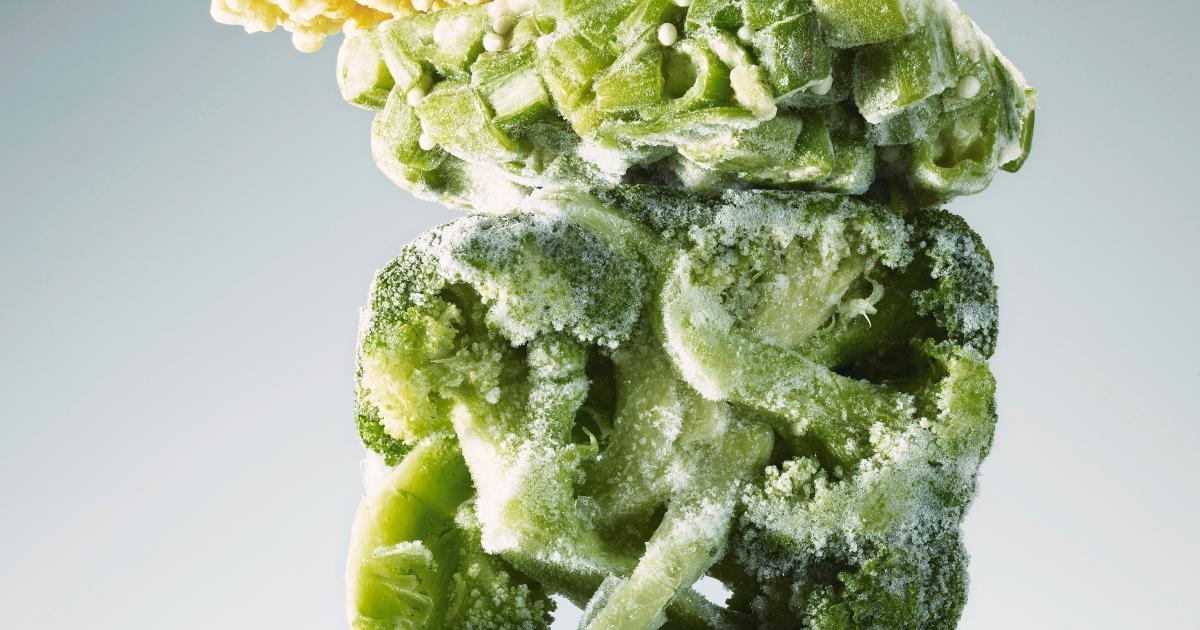This might be filler/fluff, but it’s handy both to shop frozen (can in some places be cheaper) and to freeze in fresh produce, meal prep or leftovers.
From the article:
Imagine buying five bags of groceries, dropping two in the parking lot, and walking away. An unlikely scenario, but consider this: About 40 percent of all food produced in the United States does not get eaten. And collectively, consumers are responsible for more wasted food than farmers, grocery stores, or any other part of the food supply chain. The lettuce that went bad, the leftovers you never got around to eating, that science experiment in the back of the refrigerator you’re hoping will disappear—it all adds up. In fact, the average American household of four is throwing away $120 each month in the form of uneaten food.
Fortunately, you can fix the problem—and destress last-minute dinner quandaries in the process. Wasting less food is about keeping ingredients fresh, being creative with what you have, and getting to know your food, especially how it ages and how it is best stored. And despite its bad rap, frozen food—and freezing food—is one of the keys to cutting down on what you toss.
I never throw food away. Maybe my ancestors, being war survivors, left something imprinted in my genetic memory or something, but I will always re-cook, freeze or lacto-ferment stuff before I throw them away.



